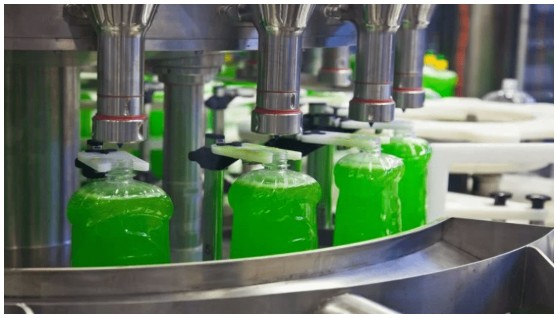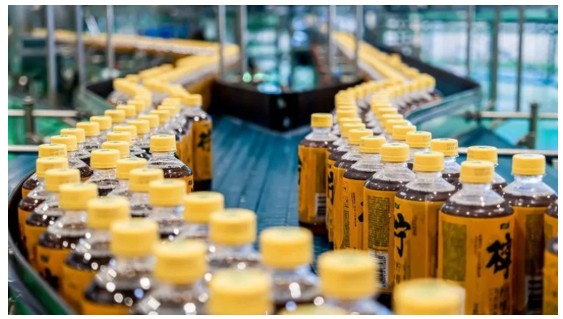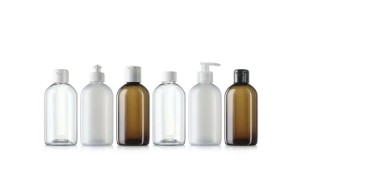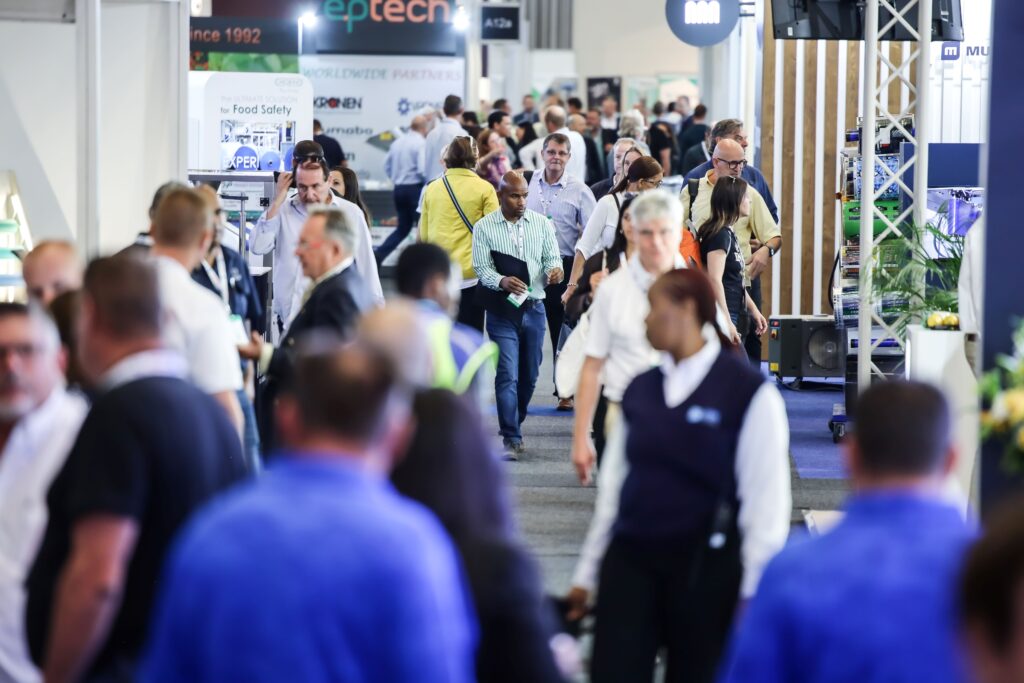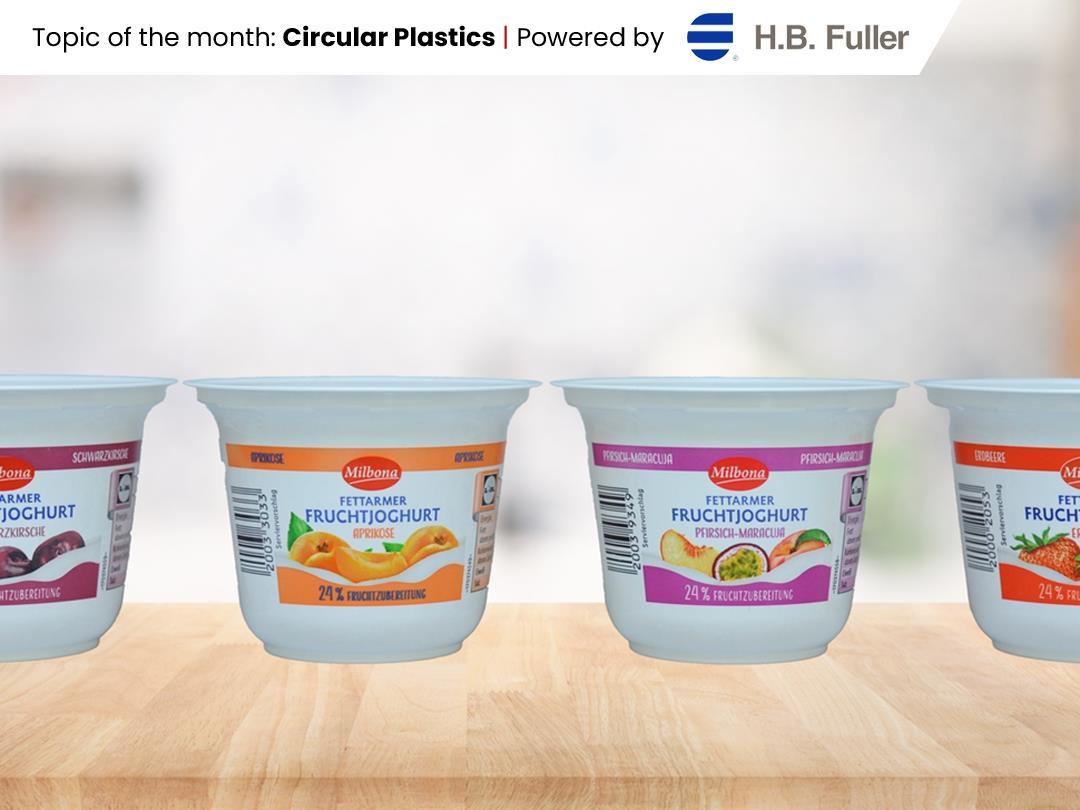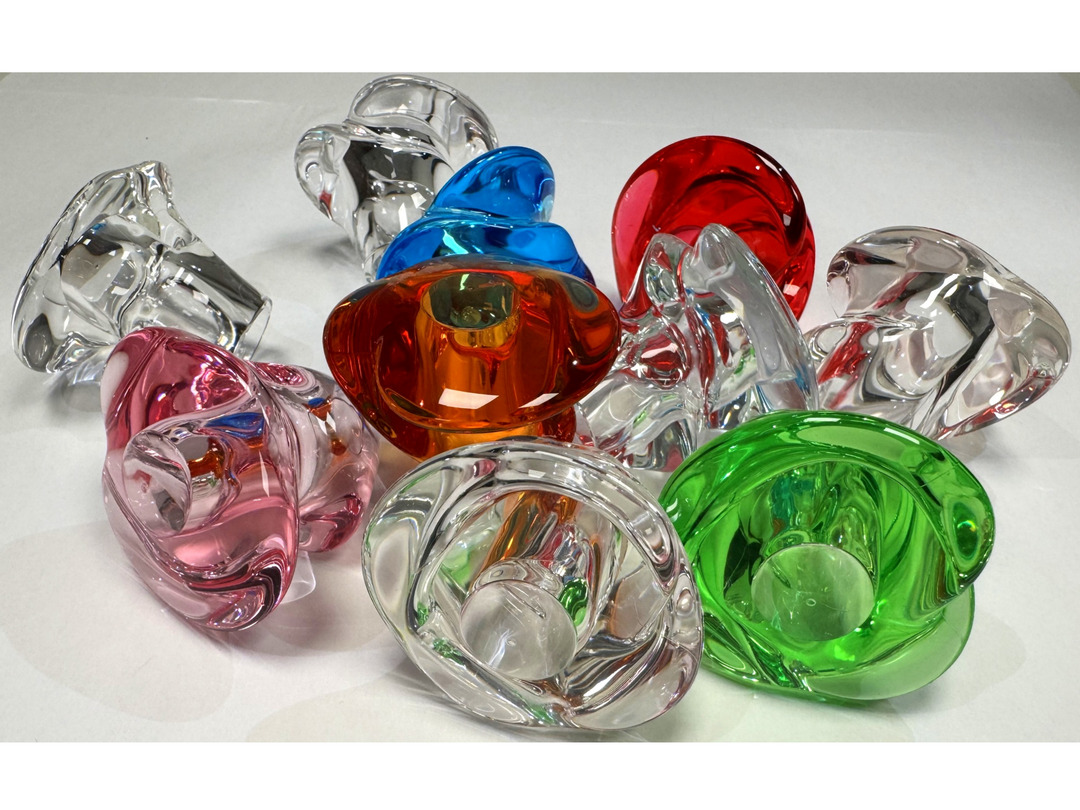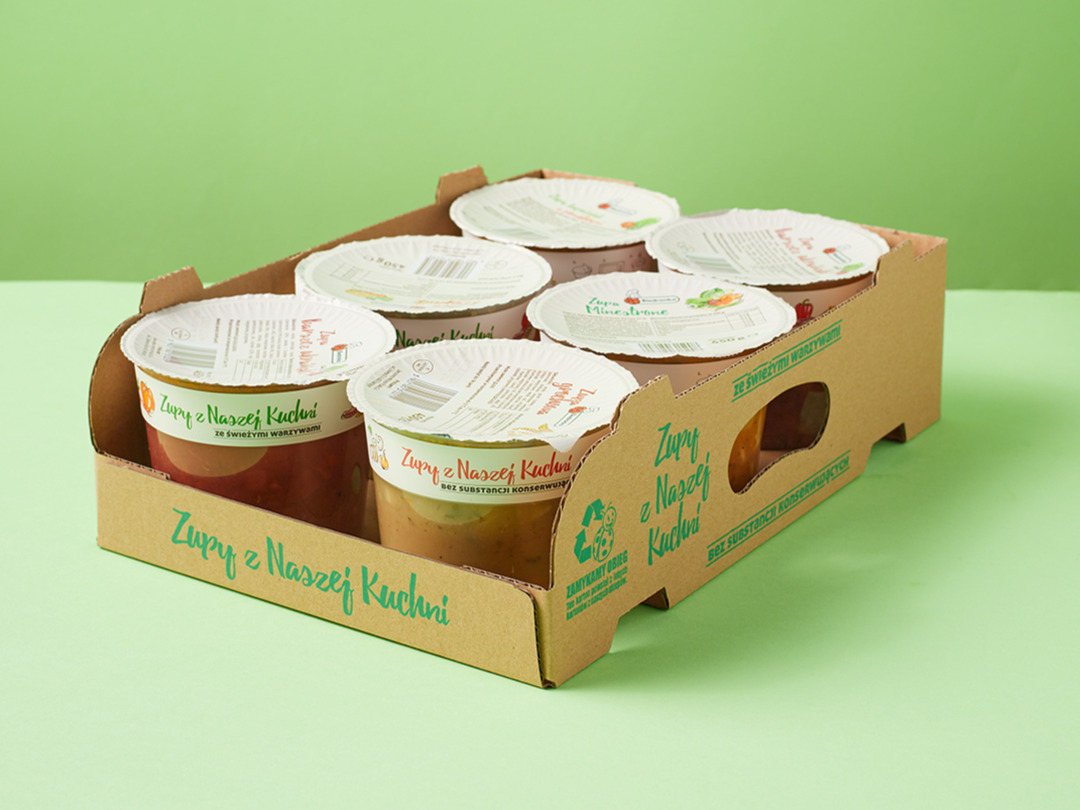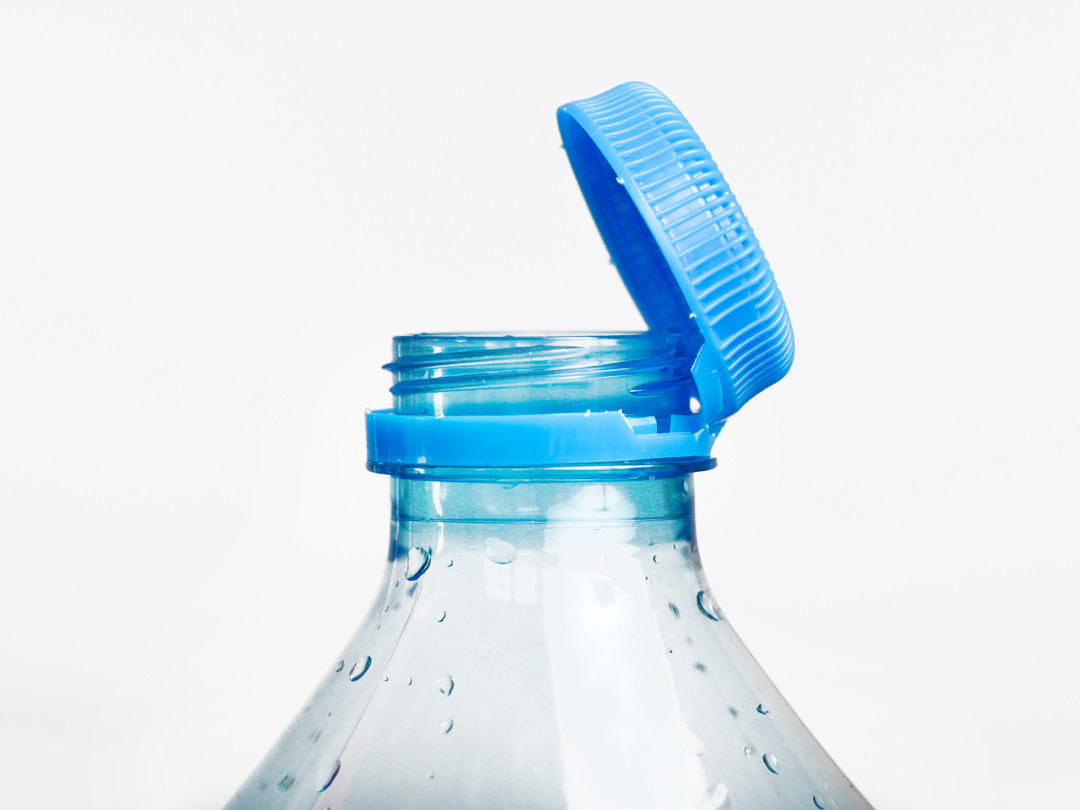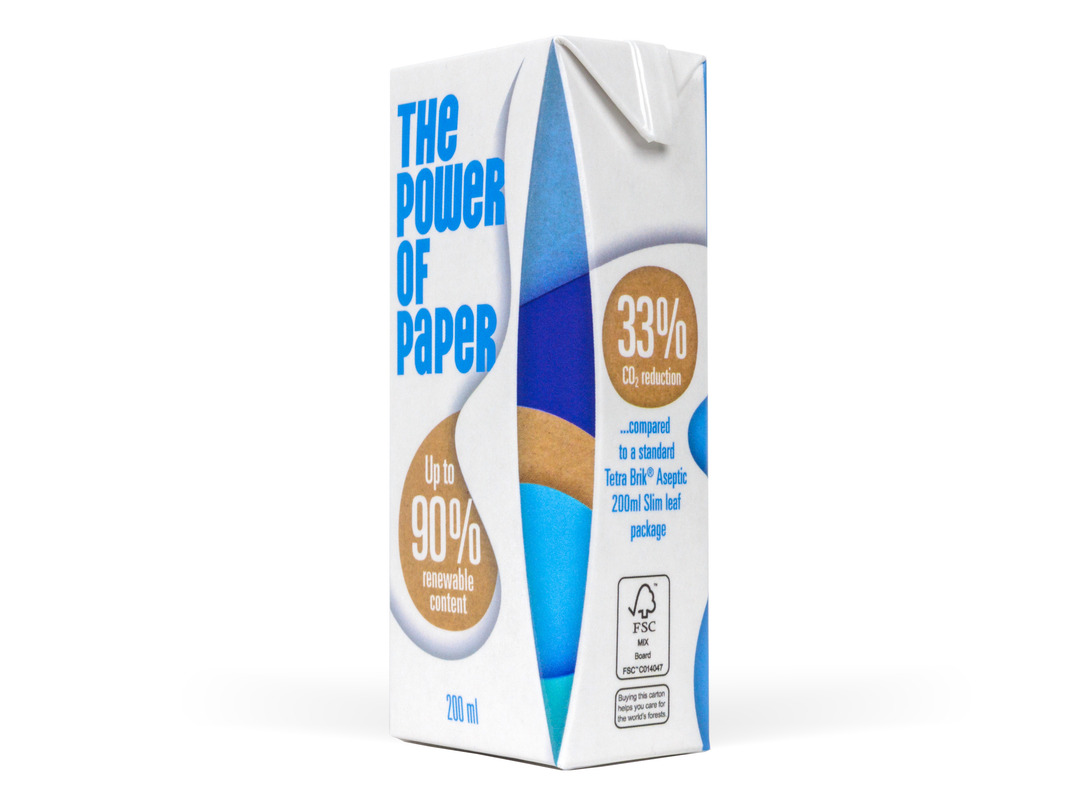In a significant advancement toward sustainable packaging solutions, AeroFlexx, a frontrunner in innovative packaging technology, has forged a strategic partnership with Chemipack, a well-established Polish blending and filling company. This collaboration aims to address the burgeoning demand for environmentally responsible packaging formats within the liquid goods sector across Europe.
AeroFlexx is recognized for its scalable and cutting-edge packaging solutions, and the recent installation of its proprietary filling machine at Chemipack’s production facility in Łowicz marks a pivotal step in this initiative. This joint effort promises to enhance accessibility for brands throughout Europe to AeroFlexx’s state-of-the-art technology, which is designed to minimize waste and improve operational efficiency in liquid product packaging.
Leveraging Chemipack’s robust production infrastructure—boasting an annual capacity exceeding 100 million liters of liquid products—AeroFlexx seeks to expand its footprint in the European market while supporting the transition toward sustainable packaging practices. Chemipack, a family-owned enterprise renowned for its expertise in blending and filling liquid concentrates and recently awarded BRC certification, stands as a reliable partner in this endeavor.
The collaboration is specifically positioned to drive transformative changes within the liquid packaging sector. Together, Chemipack’s capabilities and AeroFlexx’s innovative technology will facilitate the increasing demand for eco-conscious solutions across various liquid product categories, including beverages, personal care items, and detergents.
Both companies recognize the urgent need for sustainable practices, particularly as consumer and corporate interest in environmentally friendly packaging continues to grow. AeroFlexx’s flexible packaging solutions offer a promising alternative to traditional plastic formats, positioning them as frontrunners in the movement toward sustainability.
Robert Serafiński, Chair and CEO of Chemipack, encapsulated the essence of this partnership, stating that AeroFlexx’s technology is well-aligned with industry demands for innovation. He added, “This collaboration will drive the growing momentum for more eco-friendly packaging and accelerate the transition to more sustainable practices globally.”
Andrew Meyer, CEO of AeroFlexx, echoed this sentiment, emphasizing the partnership’s potential to significantly impact the liquid packaging landscape. “This initiative highlights the promise of sustainable packaging solutions in Europe and sets the stage for continued global growth.”
In conclusion, the partnership between AeroFlexx and Chemipack not only embodies a commitment to advancing sustainable practices but also reinforces their positions as leaders in the eco-friendly packaging movement in Europe. This collaboration has the potential to pave the way for a more sustainable future in the liquid packaging industry.
Source:

